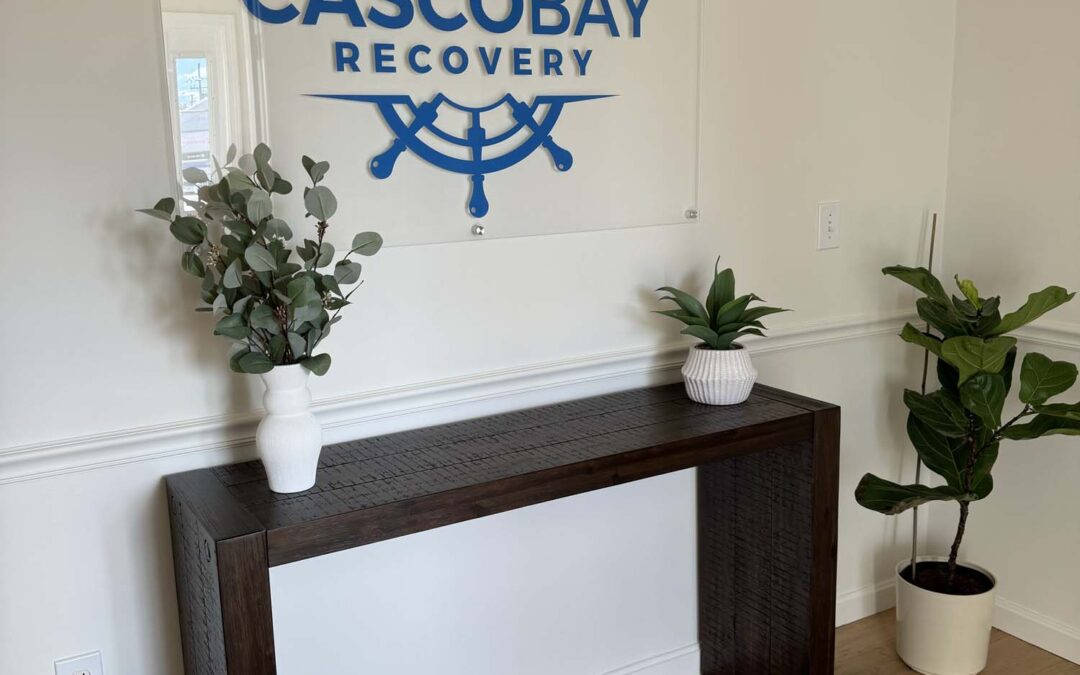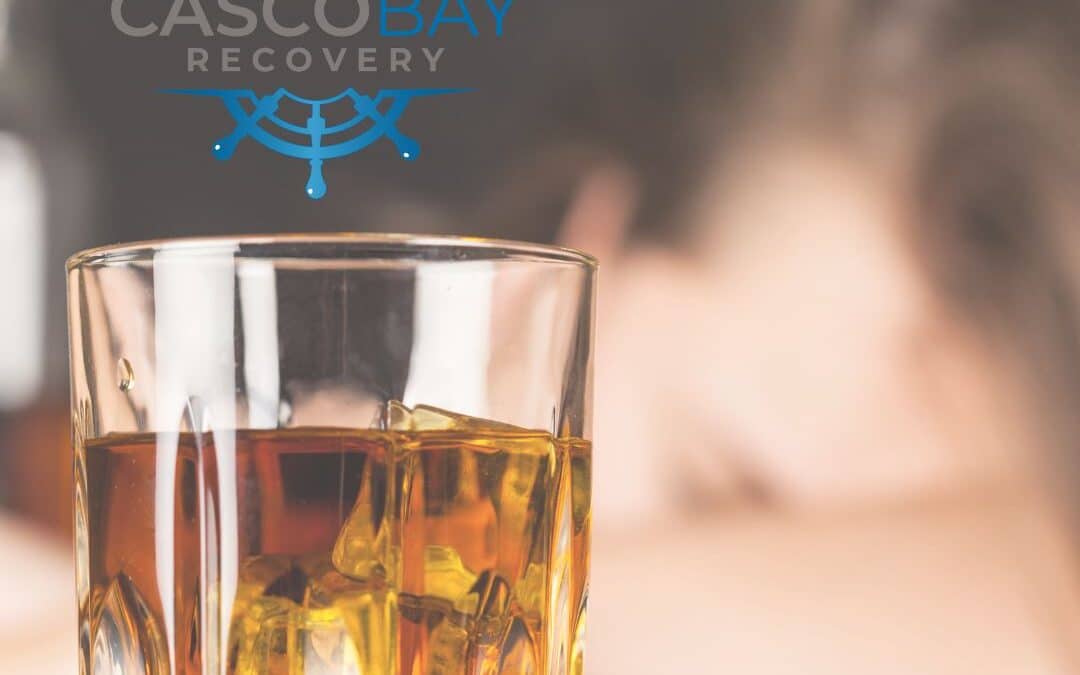Making the decision to seek help for drug or alcohol dependence is a brave first step toward recovery. One of the most crucial early phases of that journey is medical detox—a structured, supervised process designed to help individuals safely withdraw from substances. If you or a loved one is considering detox, understanding what to expect can help ease uncertainty and prepare you for the process.
At Casco Bay Recovery, we prioritize safety, comfort, and compassion throughout detox and beyond. Here’s what you can anticipate during medical detox and why it’s such an essential part of recovery.
What Is Medical Detox?
Medical detoxification, or “detox,” is the process of removing toxic substances from the body under medical supervision. Unlike quitting substances “cold turkey” at home, medical detox is carried out in a supportive environment where professionals can monitor withdrawal symptoms, manage medical complications, and provide emotional support.
According to the National Institute on Drug Abuse (NIDA), detox alone is not considered treatment for addiction, but it is often the first step in a longer recovery process.
The Goals of Medical Detox
The primary objectives of medical detox are:
- Safety: Monitoring and managing withdrawal symptoms to prevent medical complications.
- Stabilization: Helping the person become physically and mentally stable.
- Preparation for treatment: Getting individuals ready for the next phase of treatment, such as therapy or residential care.
Because withdrawal can involve both physical and psychological challenges, detox should always be done in a professional setting. This ensures that any complications—like seizures, severe anxiety, or dehydration—are promptly addressed.
What Happens During Medical Detox?
Each person’s experience with detox is unique, but the process generally unfolds in three stages:
1. Evaluation
Upon admission, individuals undergo a thorough assessment. Medical professionals review:
- Substance use history
- Physical and mental health
- Risk factors for severe withdrawal symptoms
- Co-occurring conditions (such as depression or anxiety)
At Casco Bay Recovery, we take the time to understand each client’s unique needs and create a personalized detox plan to promote safety and comfort.
2. Stabilization
Stabilization is the heart of the detox process. This stage may involve:
- Medication-assisted treatment (MAT): Medications like buprenorphine, methadone, or benzodiazepines may be used to manage withdrawal symptoms and prevent complications. SAMHSA provides an in-depth overview of MAT options.
- Monitoring: Vital signs and symptoms are continuously monitored to ensure stability.
- Supportive care: This includes hydration, nutrition, and counseling to help individuals cope with symptoms and stay motivated.
Common withdrawal symptoms can include:
- Anxiety or depression
- Sweating or chills
- Nausea or vomiting
- Insomnia
- Muscle aches
- Cravings
The severity and duration of these symptoms depend on factors like the type of substance used, duration of use, and overall health.
3. Transition to Further Treatment
Detox prepares individuals for the next phase of recovery. Once stabilization is achieved, clients are guided toward ongoing care, which may include:
- Residential treatment
- Intensive outpatient programs
- Individual and group therapy
- Dual diagnosis support
The staff at Casco Bay Recovery works closely with clients to ensure a smooth and supportive transition into comprehensive treatment tailored to their long-term goals.
How Long Does Medical Detox Take?
The length of detox varies depending on several factors:
- Type of substance used: For example, alcohol and benzodiazepines may require longer detox periods than stimulants.
- Duration and severity of use: Long-term or heavy use often leads to more intense withdrawal symptoms.
- Individual health: Co-occurring health conditions can affect recovery time.
Typically, medical detox lasts between 3 to 10 days, but some individuals may need more time to stabilize fully.
Is Medical Detox Painful?
Many people worry that detox will be a painful or overwhelming experience. While some discomfort is common, the goal of medical detox is to minimize suffering and prevent complications. Medical staff can provide medications and support to reduce symptoms and offer around-the-clock care.
It’s important to remember that going through detox under professional supervision is much safer and more manageable than attempting to quit on your own.
Why You Shouldn’t Detox at Home
Attempting detox without medical supervision can be dangerous—and in some cases, life-threatening. Substances like alcohol and benzodiazepines can cause severe withdrawal symptoms such as seizures, hallucinations, or delirium tremens (DTs).
It is important to emphasize that proper medical support during detox reduces risk, increases comfort, and sets the stage for long-term success.
Home detox also lacks the structure and therapeutic support that can help individuals stay motivated and emotionally grounded.
What Makes Casco Bay Recovery’s Approach Different?
At Casco Bay Recovery, we believe in treating the whole person—not just the addiction. Our medical detox program is designed to support clients physically, emotionally, and mentally throughout the detox process.
Here’s what sets our approach apart:
- Compassionate, experienced staff
- 24/7 medical monitoring
- Individualized care plans
- Private, comfortable environment
- Seamless transition into ongoing treatment
We understand that detox is just the beginning. That’s why we work with each client to lay the groundwork for long-term recovery and a better quality of life.
Taking the First Step
Deciding to detox from drugs or alcohol is an act of courage. At Casco Bay Recovery, we’re here to support you every step of the way—from the first phone call to sustained recovery. Whether you’re seeking help for yourself or a loved one, we’re ready to answer your questions and help you get started.
To learn more about our medical detox program or speak confidentially with a team member, please reach out to our team








